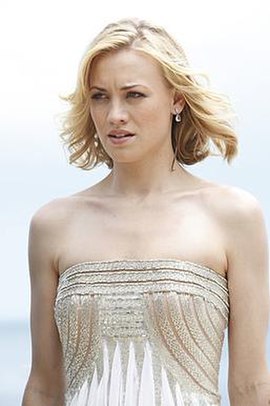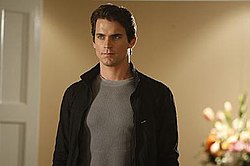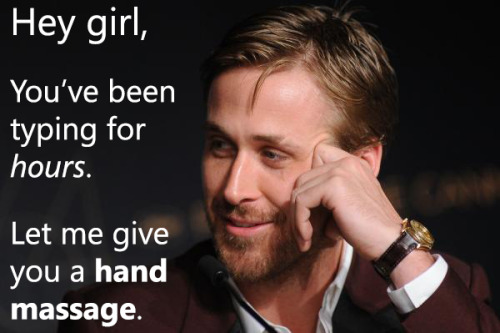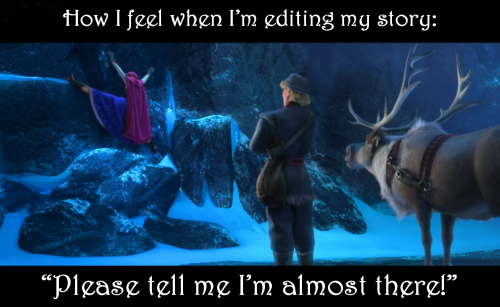First, background. I may have occasionally listened to an audiobook as a child, it's probable. We were big library-goers. But I don't specifically remember doing so. Instead, at some point when my son was 6 and my daughter was 4 and I was more-or-less living in my minivan (in the "suburban mom" sense, not in the Chris Farley "I live in a VAN, down by the RIVER!" sense) I realized I needed to do something to keep me from going insane as the mom of two busy and mentally active/taxing children. I had recently come *back* to reading, having not had time to read for pleasure for most of my 20s and early 30s. And I was trying to find a way to get more time for reading. It occurred to me I could listen to books in the car while shuttling children from point A to point B and C and D and E and F and…
Enter, Harry Potter and the Sorcerer's Stone on audiobook, read by Jim Dale. Ahh. I loved every minute of it, and listened while taking the kids to school and driving home empty-minivan'd. UNTIL. One day I took my daughter (4 at the time) in to her gymnastics class, then went back to the car and stayed in the parking lot with my son (6 at the time) and listened to another hour of HP. When my daughter got back in the car at the end of the class she was AGHAST that we had listened without her. I, for one, was astonished that she was really paying attention. She was FOUR FOR CRYING OUT LOUD. But alas, I learned then a lesson I keep having to learn over and over with this amazing child: do not underestimate her. Also, do not assume she's not paying attention. She sees/hears all. Little antenna, I call her. Tunes in to what is going on and pays attention.
At any rate, we began our family listening right then and there, and I no longer will listen to "our" book when both children aren't in the car. It's led to some funny business, where one or the other will ride with to take their sibling somewhere *just so we can listen some more* to whatever book we're on. And we are always on a book. In a book? Listening to a book. Always.
We've talked about audiobooks on The Prosers before, and we will probably keep talking about them as I'm far from the only fan (Melanie is totally a fan, which is why she vented her frustrations about some audiobook experiences!)
One GREAT way to get into audiobooks this summer is through the SYNC YA Audiobook summer giveaway. For the whole summer (starting a few weeks ago, even!) you can download for FREE one recent audiobook and one classic. FREE. Like for nothing. You can read a bit more about the SYNC program here, but know that they pair the classic and current titles in thematic pairs, and include quite a number of required reading titles from US schools. Great way for your teen to catch up on reading while doing the yard work you surely require of them, right? And in particular, I must insist that you get CODE NAME VERITY via the SYNC program, when it comes available the week of June 12. It is hands-down the best book I've ever read (yes, listening counts) and absolutely destroyed me in the best possible way. The narrators were spectacular. I bought the book in paper immediately after listening to it because I *had to feel the words under my fingers.*
As for some other titles to consider? As Melanie points out her her blog post from January, Middle Grade books seem to translate a bit better to audiobook, at least some of the time. There are also quite a lot of grown-up books that are good in audio, as my family is currently on the last disc of the last book of Brandon Sanderson's epic fantasy series Mistborn. But I'll keep my suggestions to the YA/MG-friendly side just for ease of use as a reading list for families. Not all families would be ready for the heavy themes of class divisions, institutional prostitution and murder, tyranny, abuse, etc. that run somewhat through the Mistborn series (but my 10 and 12 year olds have handled the content well and it's given us many conversation starters as we've worked through the series over the last 6 months.)
- The Prydain Chronicles by Lloyd Alexander- one of our favorites. Start with The Book of Three. A great book for audio because many of the names are based on Welsh, and can be difficult to parse in text. Plus the narrator makes the various voices so funny.
- ANYTHING AT ALL by Tamora Pierce. In particular, though, start with Wild Magic. Allow some leeway for the so-so narrator (over-enuciator.) We loved this book and it hooked us on all of Tortall. We've listened to almost every book set in this world, my 12 year old son in particular has steamed his way through even the auxiliary series' set in this world like the Beka Cooper books.
- The Alchemyst by Michael Scott
- Magyk by Angie Sage (the Septimus Heap series)
- Enchanted, by Alethea Kontis - my favorite book of 2013!
- The False Prince by Jennifer Nielsen
- Charlie Bone books - by Jenny Nimmo
- Rick Riordan books like Lightening Thief, though I find the more recent titles of his get a little exhausting (maybe I'm just burnt out on the author?) as they are long and very action-packed with little downtime.
- The Goose Girl (and really anything by Shannon Hale)
- The Golden Compass by Phillip Pullman (read by a full cast, one of our favorite ways to listen to books. Many of Shannon Hale's books are done by a full cast, too.)
- My goodness, this is quite a list already but I know it's very incomplete! I'll work on adding more books to the comments, please add yours too!
Note: I didn't include Code Name Verity in my list above because it's a much more mature book, less kid-friendly, but I can't let it go without a mention. Code Name Verity was the best book I've ever read. Here is my Goodreads review of it.

















